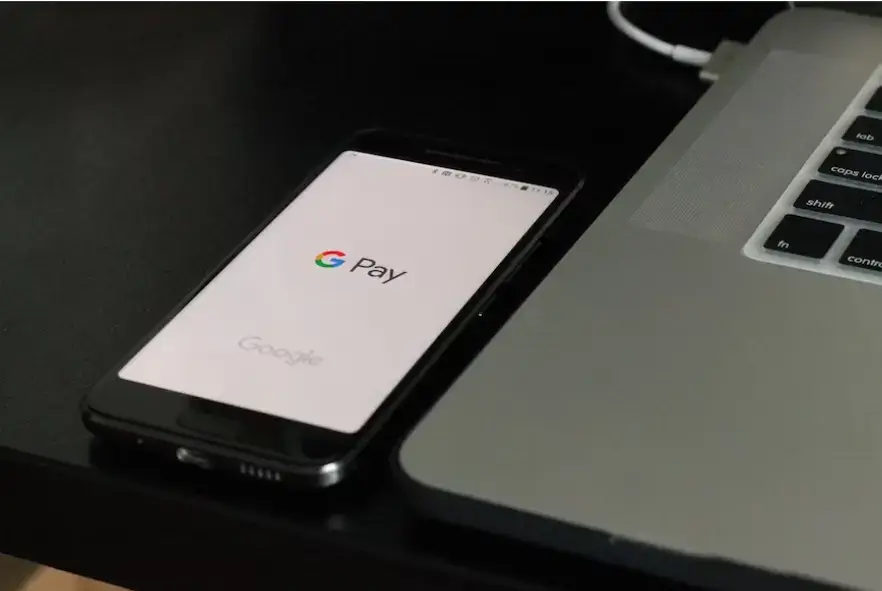Most card payments and transactions are now online payments. When making these payments, you'll more often than not be doing so through a payment gateway.
These gateways are vital in securing a card's and a bank account's details. You may think little about these payment gateways, but they're critical in getting eCommerce customers and keeping them safe online.
Understanding the role of a merchant of record is also crucial in eCommerce, as it involves managing financial transactions, tax collection, and compliance, ensuring a seamless and secure shopping experience for customers.

Source: Unsplash
Many steps are made with payment gateways like Stripe and others to reduce the risk of fraud, stolen information, and more.
Here's a more detailed look at this essential financial tool and how it makes online shopping and spending safer.
In this article:
- What is a Payment Gateway?
- Why are Payment Gateways Important?
- What Makes a Good Payment Gateway?
- Different Types of Payment Gateways
What is a Payment Gateway?

Source: Unsplash
A payment gateway is a merchant service that processes card payments online and in-store. This service authorizes payments while making them more secure and convenient.
The best way to think of a payment gateway is a virtual cash register that collects the information needed to pay for your goods and services.
It collects, transfers, and authorizes data in real time and sends it to the merchant's bank, where the information is processed.
The money is deposited in a merchant account, which is just a bank account, and then sent to your company's bank account.
For the user, a payment gateway is simple and easy to use; all you need to do is enter your card information.
According to Coty Perry, CMO at Anglers:
Why are Payment Gateways Important?

Source: Pexels
There are many reasons payment gateways are important in an eCommerce setting, both for merchants and buyers.
One of the most significant benefits of a payment gateway for merchants is that it is the fastest way to receive card payments online.
Payment gateways can also make your online store appear more legitimate and trustworthy.
Anthony Martin, Founder and CEO of Choice Mutual, says:

Source: Pexels
With an international payment provider like Stripe, you can start accepting card payments from bank accounts and debit cards from different countries, helping your store become global.
These technologies also ensure compliance with GDPR and other data protection requirements, reducing fraud and the theft of bank information.
Addressing payment gateway challenges is also critical for strengthening security measures. Payment gateways make shopping easier, faster, and more accessible.
What Makes a Good Payment Gateway?

Source: Unsplash
A payment gateway must have a few characteristics to qualify as a good option.
eCommerce business owners have plenty of choices, so consider these factors to ensure you select the right one.
Security
A payment gateway's security capabilities are the most important indicator of its quality. A good payment gateway will use modern security measures such as encryption and 2-step verification.
According to Morgan Taylor, Co-Founder of Jolly SEO:
Convenience
A good payment gateway must also be easy to use and convenient. Features like one-click checkout encourage repeat purchases.
Alex Milligan, CMO of NuggMD, says:
Speed is equally essential—slow payment processing can cause user anxiety about the transaction.
Different Types of Payment Gateways
There are three main types of payment gateways:
- Redirect
- Checkout on site
- On-site payment

Source: Unsplash
1. Redirect
A redirect takes the user off-site to complete the checkout process. Small businesses often use these to benefit from the enhanced security of a larger provider.
Gerald Lombardo, Head of Growth at Popl, says:
2. Checkout on site
This method keeps the checkout on your website, but the payment is processed off-site through the payment gateway. It's simple and offers back-end security.
3. On-site payment
With on-site payment, transactions are processed directly on the merchant's server. This gives full control but requires a strong infrastructure.
Volodymyr Shchegel, VP of Engineering at Clario, adds:
Conclusion
Payment gateways are essential for purchasing eCommerce products, especially if you want to grow and attract more buyers.
They make buying more convenient and secure for both shoppers and businesses.
Incorporating a payment gateway into your checkout flow can elevate your store, and with options for collecting payments like Stripe, it's easy to add this vital tool.


